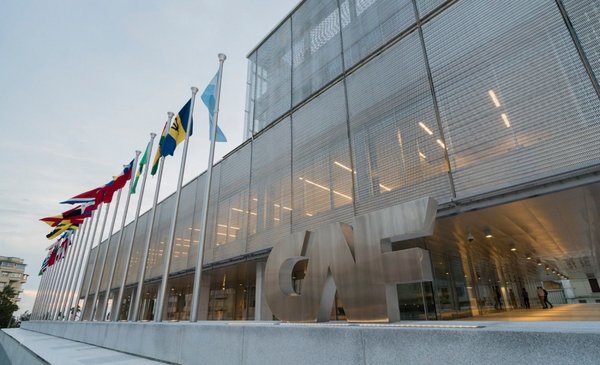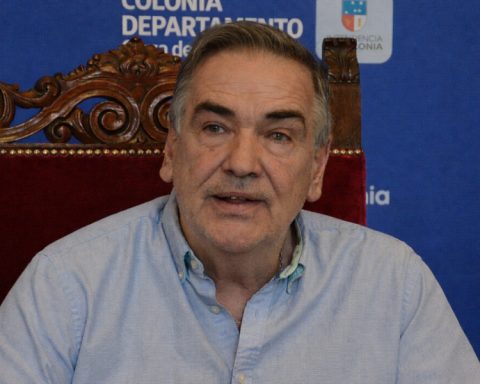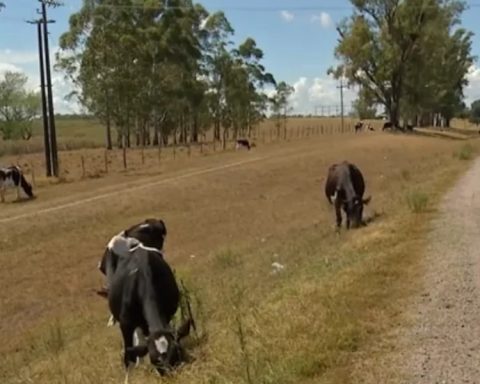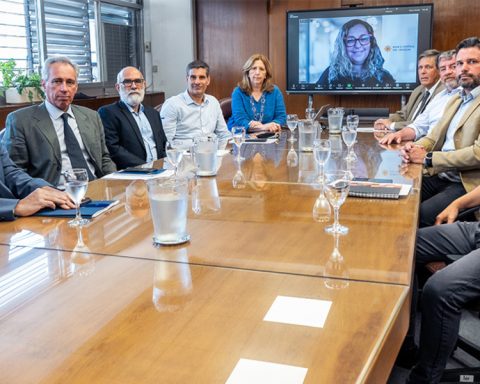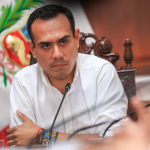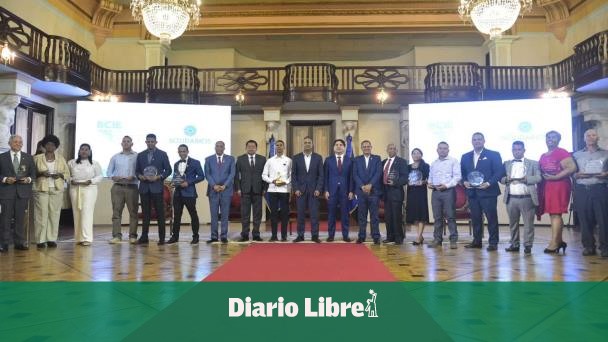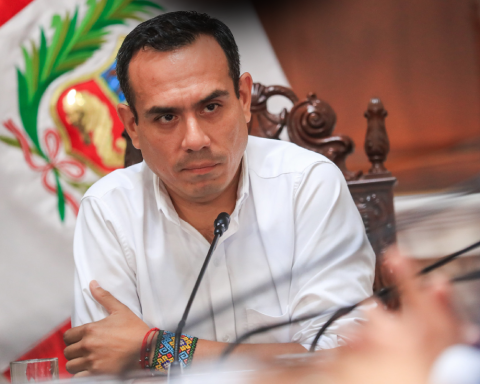“Inequality in Latin America and the Caribbean is very high and remains constantly above that observed in other regions”indicated the new report on the Economy and Development of the Development Bank of Latin America CAF.
According to the agency, The richest 10% of the continent’s population keeps 55% of the income and 77% of the wealth, while the poorest 50% collects 10% of the income and only 1% of the wealth. CAF also pointed out that other methodologies to measure the concentration of wealth in Latin America confirm this pattern.
Despite the fact that in recent years many people have managed to overcome the education level of their parents, these advances do not occur in the same way in other neuralgic areas for social mobility, such as labor or income.
During the 20th century, Latin America achieved a significant educational expansion, but this “was not enough” to improve the living situation of the generations that did have access to education, the analysis explained. One of the biggest challenges for the continent is that the children of non-university people can graduate from tertiary education.
“The fraction of children of non-university parents who do manage to finish university studies is still very low in the region, since it barely exceeds 10%,” the study deepened. However, the CAF also indicated that the children who do manage to be university students and break with the reality of their parents do not necessarily achieve Job opportunities that allows them to access a better socioeconomic situation.
“This may suggest both that educational progress has not been sufficient, and that the region’s economic structure is failing to absorb or reward these higher educational levels,” the study explains.
Inequality on the continent is “persistent” and is “deeply” anchored in the regional culturewhere the transmission from generation to generation is essential to understand this consolidated reality, explains the document.
“Low social mobility is a major problem for Latin America and the Caribbean. And it is not only because of its consequences on equity, but also because of its impact on other central components of economic development, such as the increase and the political-institutional stability”, said Dolores de la Mata, co-author of the report and chief economist at CAF’s Directorate of Socioeconomic Research.
“The lack of social mobility tends to alter incentives for effort and distort the allocation of human talent, thereby affecting productivity levels and growth”, De la Mata developed.
The expert also pointed out that inequality “can corrode trust between citizens and in institutions.”
According to the CAFabout 45% of the new generations live in the same geographical area as their parentsand more than a third of those surveyed even live in the same home as their parents.
“Match the Job opportunities It requires, to a large extent, reducing inequalities between regions and between different areas within the region’s cities,” said Lucila Berniell, also co-author of the publication and chief economist at CAF’s Directorate of Socioeconomic Research.
“Different policies can collaborate in this objective, such as those that improve basic urban infrastructure and key equipment for the provision of education, health, public safety services, among others”, concluded the expert.
